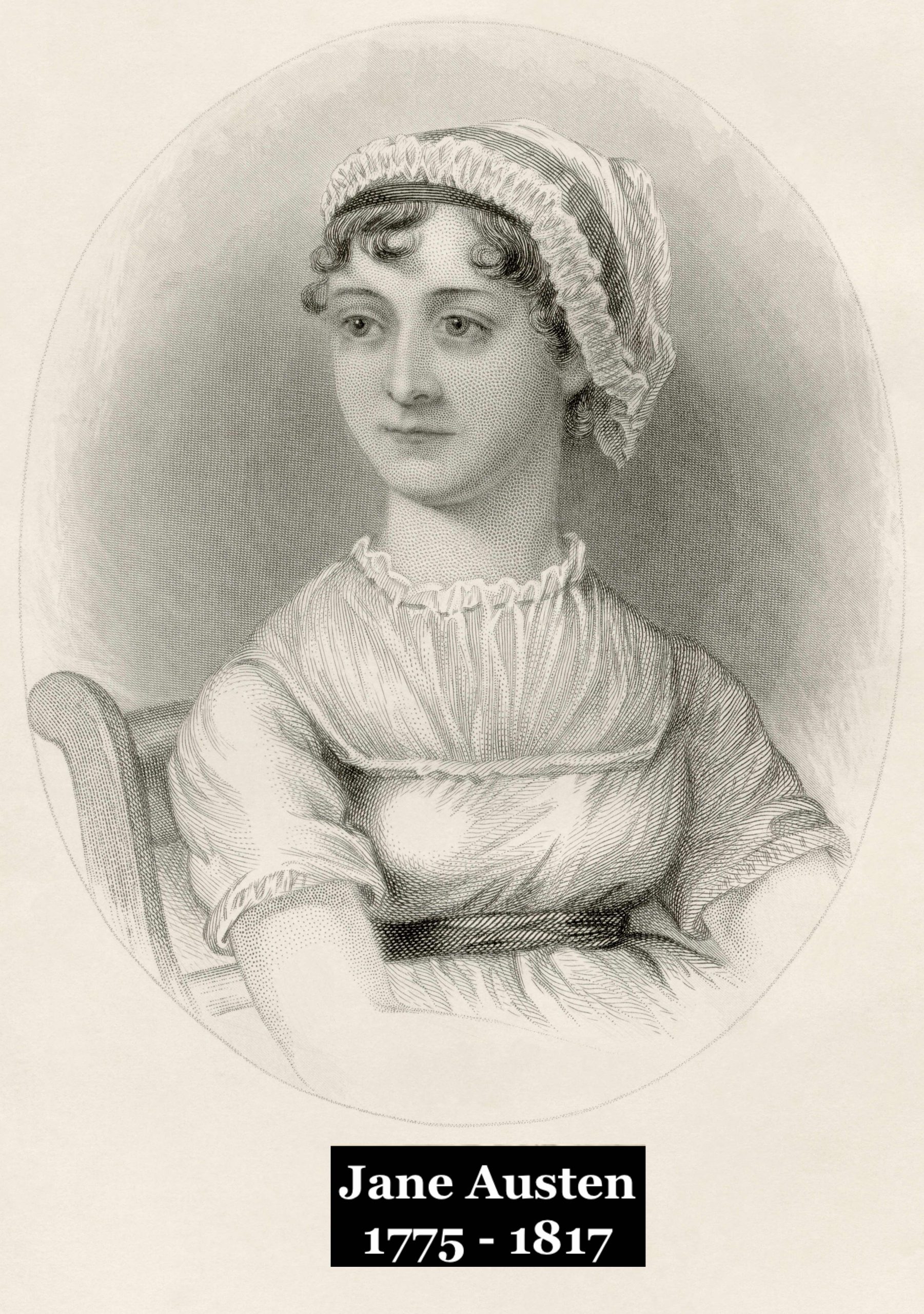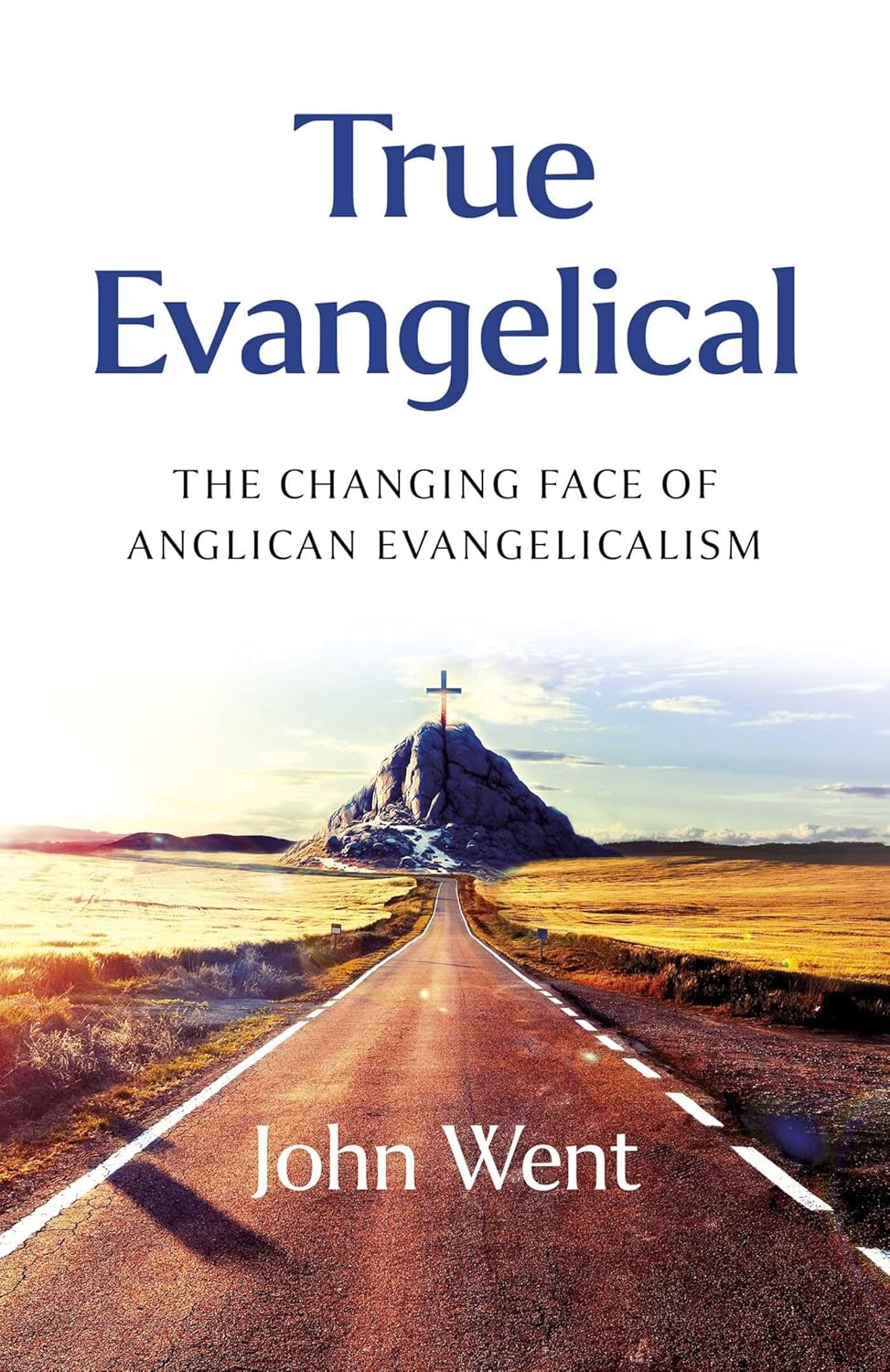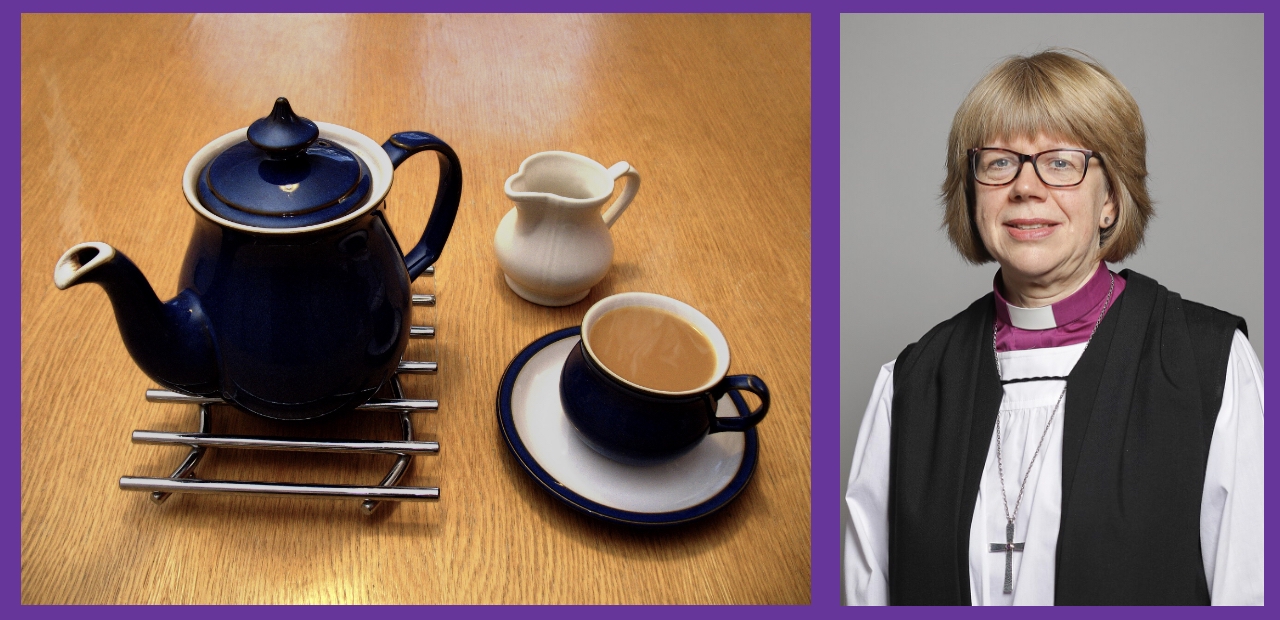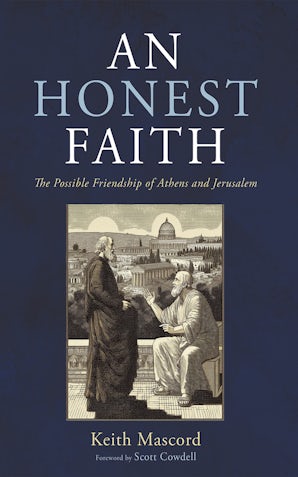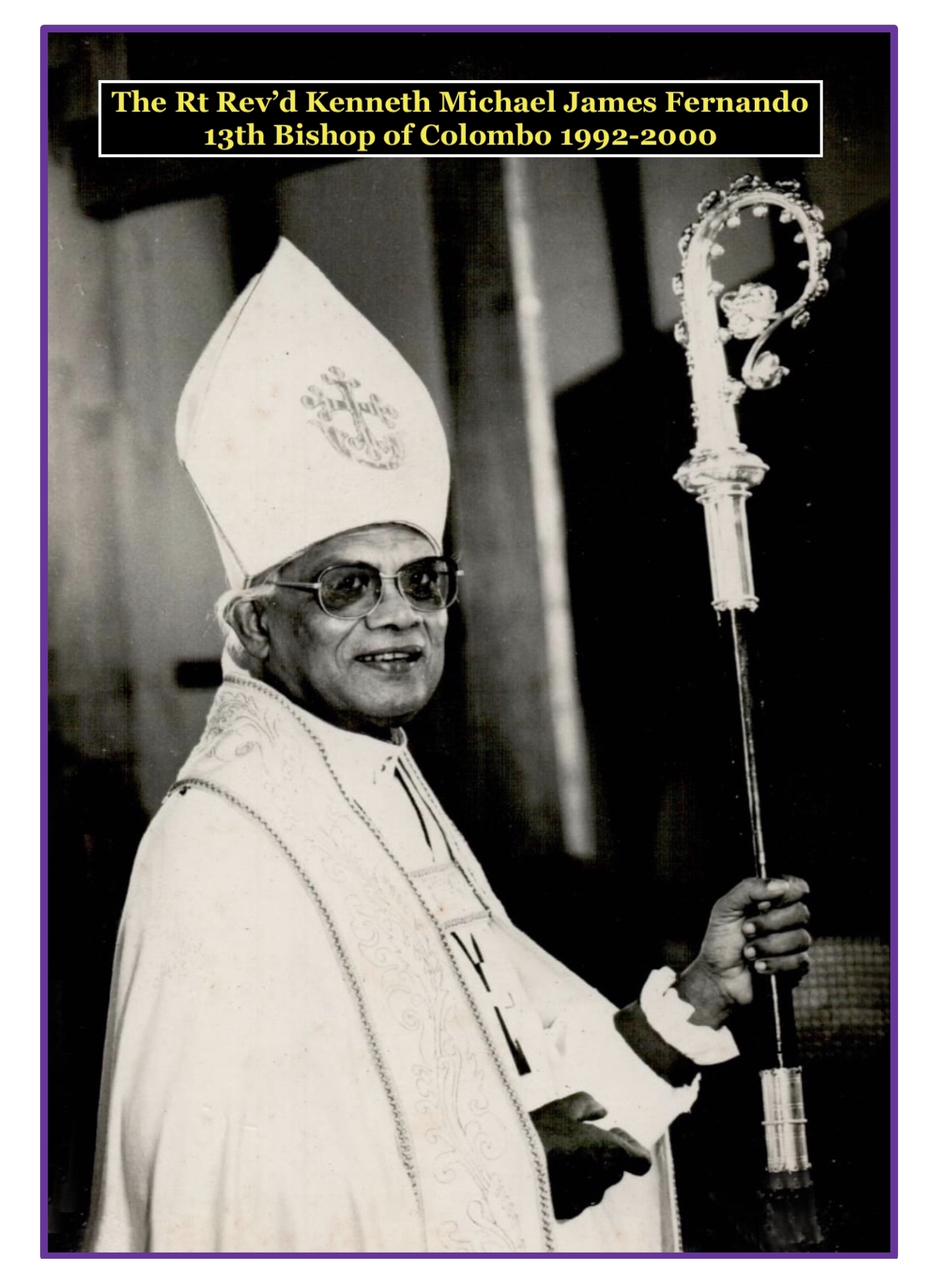Editorial: A truth universally acknowledged … too many dictators
The Editor - The Rev'd Dr. Nicholas Henderson writes in his Advent Editorial - To plagiarise Jane Austen’s opening remark in her Pride & Prejudice: “It is a truth universally acknowledged …”. It is then a fact, reluctantly acknowledged by the Church, that the Christmas Season nowadays starts somewhere around the Feast of the Transfiguration 6th August and is over just after Christmas dinner....However, near universal popular sentiment does not necessarily equate to any outcome that might reflect the views of the people. CLICK ON PICTURE TO CONTINUE ...
